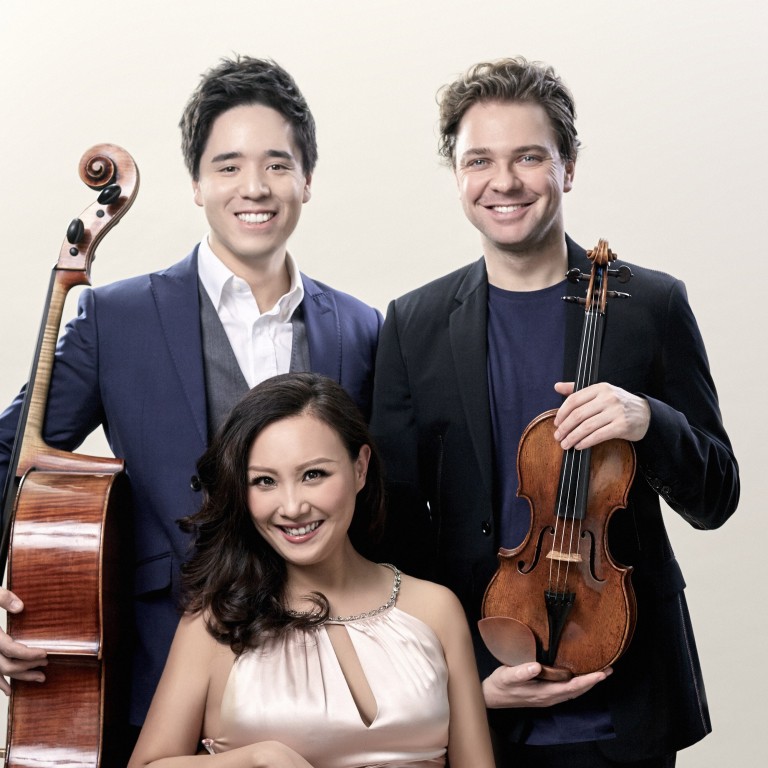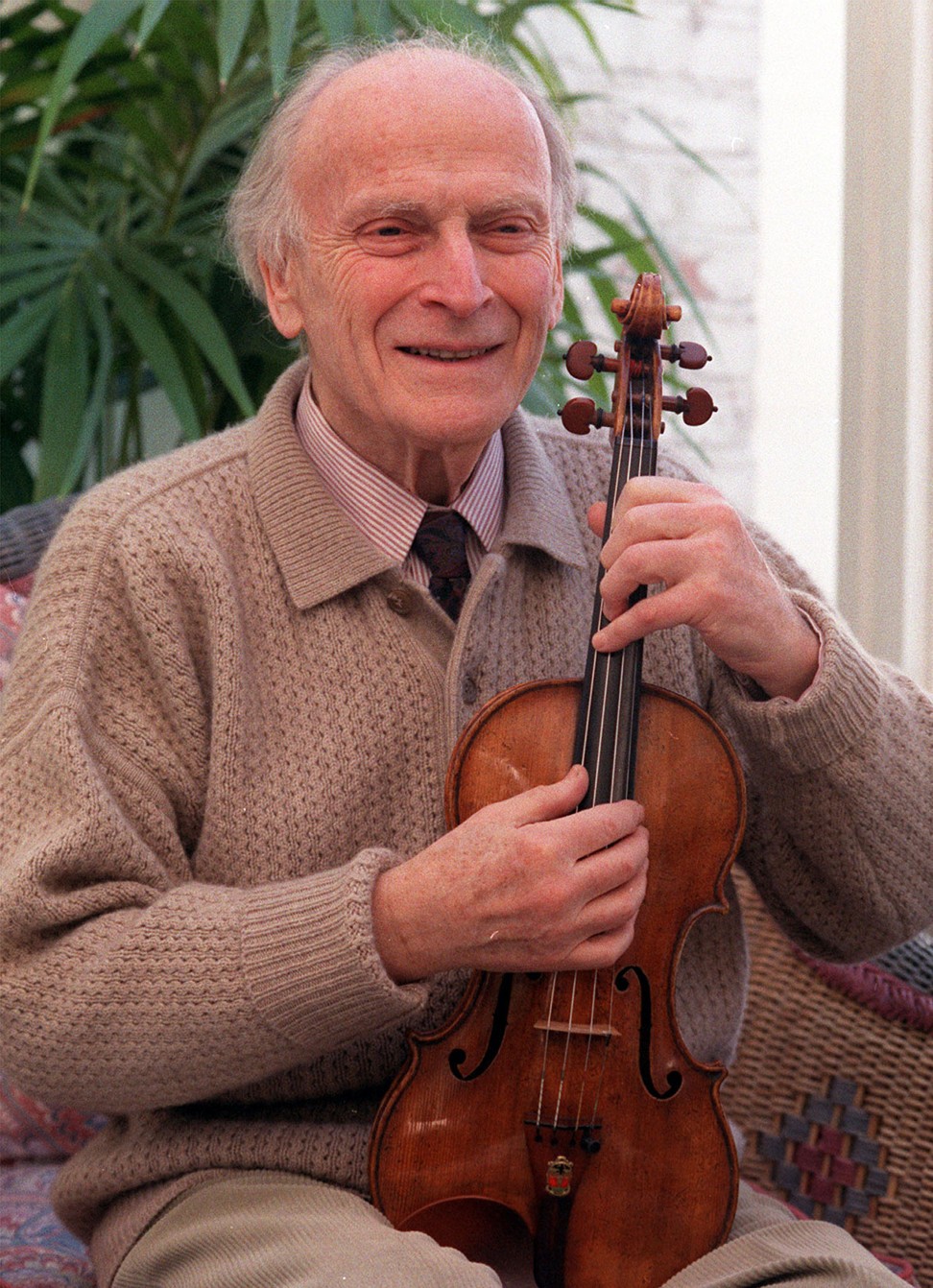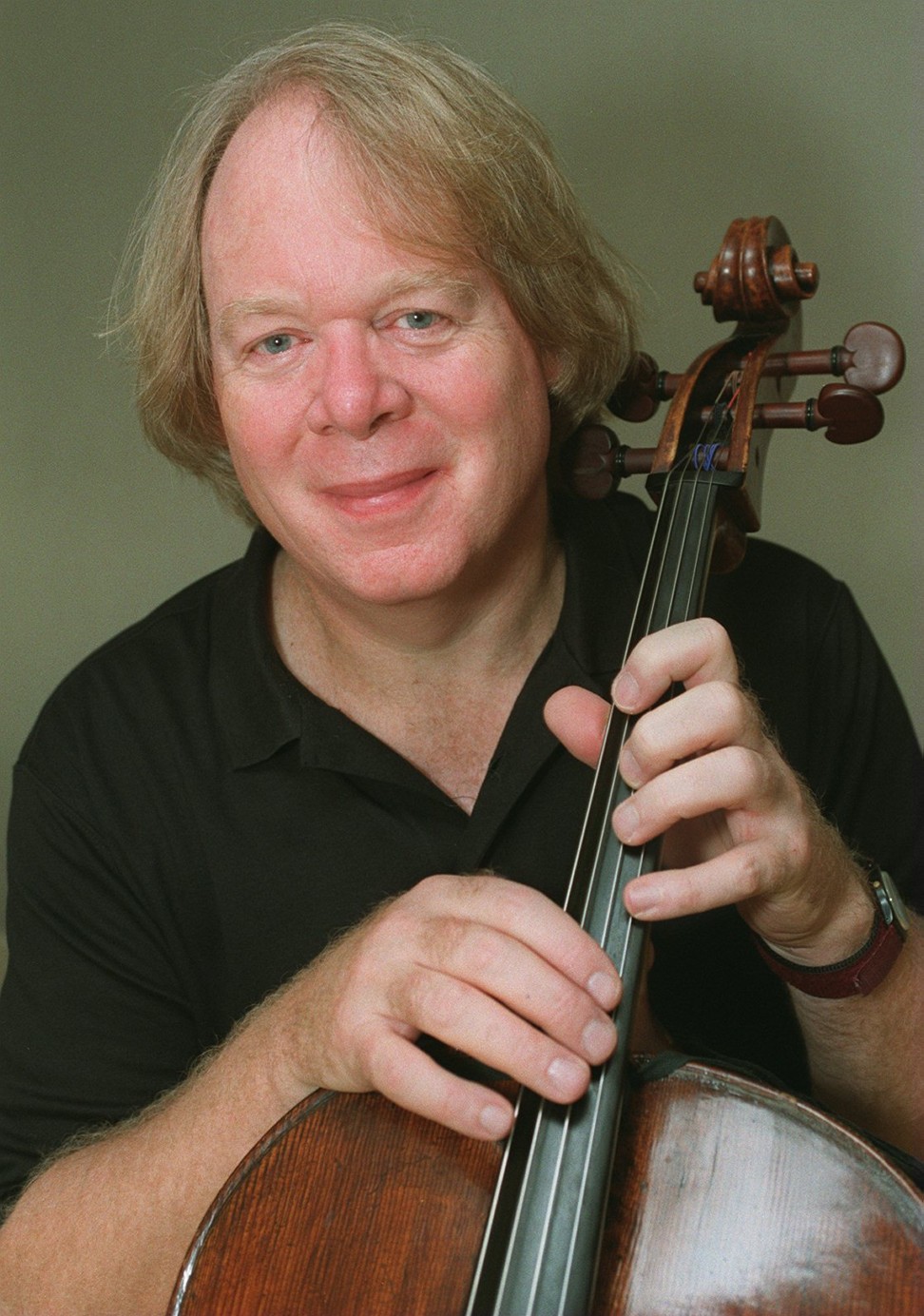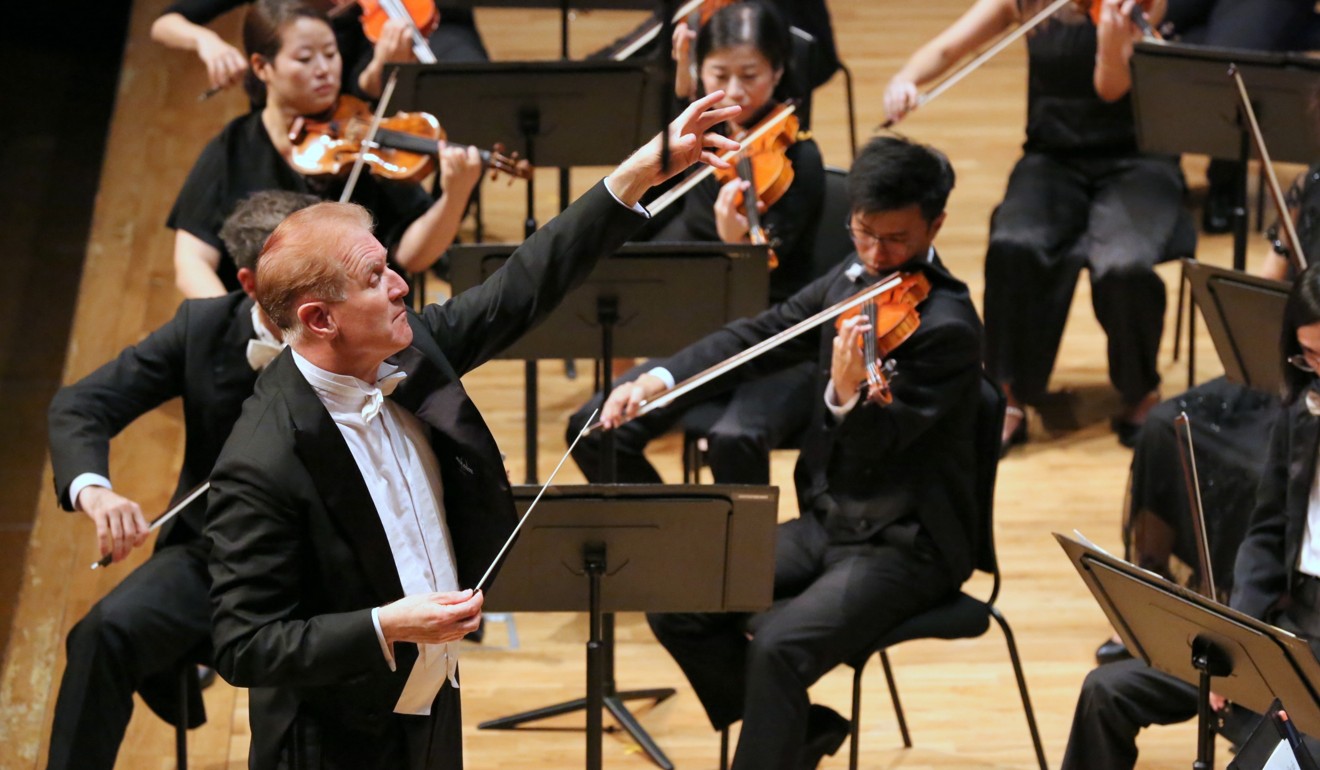
The teenage sweethearts who went their separate ways, were brought back together by music, married, and play as part of an exciting young trio
- She was 13 when she left China for the UK, he was seven when Yehudi Menuhin heard him play in Russia and invited him to London to study the violin
- Wu Qian and Alexander Sitkovetsky played together in school, and do so now with fellow thirty-something German cellist Isang Enders, a protégé of Lynn Harrell
Wu Qian was 13 when she left China for the UK in 1997. It was the first time she had been away from home, but it was just another step on a journey that had begun years earlier.
Her musical ability had been spotted when she was seven, just a year after she started playing the piano. By the age of nine, she was studying at the Shanghai Conservatory of Music. Less than four years later Wu was chosen to play to a delegation from the UK-based Yehudi Menuhin School. They were impressed, and soon afterwards she was offered a full scholarship.
“The first three months were hard,” recalls Wu, now 35. “The food, getting to know the way of life abroad … it was scary … they were different times then; there was only one other student from China.”
By the end of the first term, though, her English had improved, she felt more comfortable. and she also had started playing duets with a young Russian violinist just a few months older than her. His name was Alexander Sitkovetsky – Sasha for short – and he was from one of the most famous musical families in the Soviet Union.
The food, getting to know the way of life abroad … it was scary … they were different times then; there was only one other student from China
It wasn’t quite love at first sight, they said, ahead of two performances in Hong Kong next week by the Sitkovetsky Trio, which comprises the two of them and 31-year-old cellist Isang Enders. But they did like each other, and soon afterwards they started dating.
They broke up, but a few years later they found themselves meeting up for a project that involved them playing as part of a trio. When the project ended, the trio remained. And something else remained too.

“After a year we got back together again,” Wu says. “We were like ‘Oh! We like each other again!’.”
Now she and Sitkovetsky are married with a six-year-old daughter, Ariana, who is already playing the piano, and a two-year old son, Daniel, who, they agree, might later play the violin “if that’s what he wants”.
Sitkovetsky started playing when he was six. “It was a family tradition,” he says. “The women in my family play piano, the men play violin.” A year later the great violinist Yehudi Menuhin heard him and invited him to come with his mother and teacher to study in England.
It wasn’t like I was a child prodigy and played the Paganini concerto … The initial introduction was a lot to do with my family
He must have learned quickly, I suggest, if within a year of picking up a violin he was already impressing Menuhin.
“I had a good teacher,” he says. And then he laughs. “It wasn’t like I was a child prodigy and played the Paganini concerto … The initial introduction was a lot to do with my family.”
Both his parents are musicians. His mother is the pianist Olga Sitkovetsky and his father, Alexander, was the lead singer in the Soviet rock band Autograph, which played at Live Aid in 1985. Sitkovetsky was only two years old then, and some of his earliest memories of his father’s career are of being brought videos of Tom and Jerry, which no other kids he knew had access to at the time.

But it was his uncle, Dmitri Sitkovetsky, that Menuhin knew best, having been on the jury when he won the Fritz Kreisler competition in 1979. Menuhin had also been on the jury when Dmitri’s father, Julian, came second in the Queen Elisabeth competition in Belgium in 1955. And, just as the Soviet Union was falling apart, he was standing in a room in Moscow hearing a small boy with an exceptional talent play the violin. Not only did he give him a coveted place at the school, but he also made sure they performed together.
“Because I was so young I didn’t appreciate the magnitude of this. I was never nervous around him,” Sitkovetsky says.
The third member of the trio, German cellist Enders, joined nearly three years ago. He had a different kind of musical education. When he was 10, he says, he was obsessed by the performances of Lynn Harrell, an American cellist.
I wasn’t even able properly to speak English, but I went for months and listened. After a long while [Lynn Harrell] said to me, ‘Why don’t you play?’ And so I did
“I started getting his recordings and listening to them obsessively,” Enders says. “Then, when I was 16, I learned he would be giving master classes in northern Germany and I went. I wasn’t even able properly to speak English, but I went for months and listened. After a long while he said to me, ‘Why don’t you play?’ And so I did.”
From then on Harrell mentored Enders whenever he could.
What was it that had so fascinated him about Harrell? “He has a special way of playing,” says Enders.

Harrell’s father had been one of the great baritone singers of his generation; he’d died when Harrell was 15; his mother, a violinist, died three years later. “He’d thought out a way to get closer to the heart of his parents,” Enders says. “And it basically involved singing on the cello.”
Sitkovetsky describes it as “the cello concerto that Beethoven never wrote”. He also says it is one of the most positive pieces of music he knows. It’s not only that it’s in the key of C major, but it’s the way that Beethoven makes the three soloists have a conversation as they perform.
“It’s not an easy piece to play,” he says. “But it’s an easy piece to feel happy when you are playing it.”
Sitkovetsky Trio Recital presented by Premiere Performances, November 14; Beethoven Triple Concerto with the Hong Kong Sinfonietta, November 16. Both at Hong Kong City Hall

